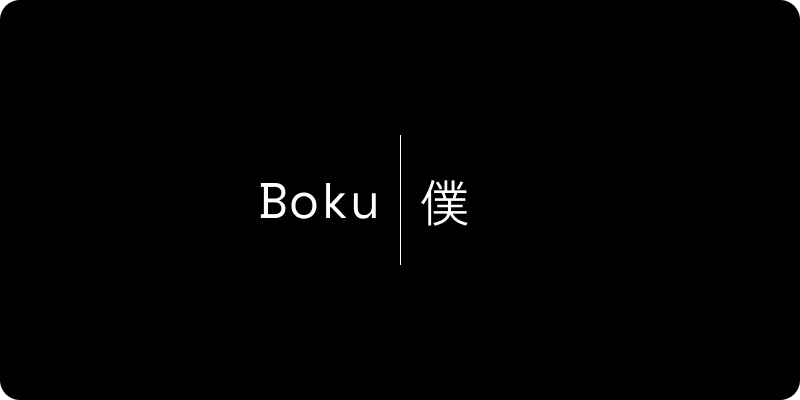
Important
Boku is still under active development, and some features (those that are intended to be included, that is) are missing.
Demo | Source | Issues and Feature Requests
What is this?¶
Boku (僕, servant from Japanese) is a simple, sequential YAML task runner written in Python. While other, most likely much better tools exist that achieve this and much more, the intention was to create a lightweight tool that can help me with recurring tasks without writing much code to achieve this.
Why?¶
The idea was (and remains) to create a simple tool that I can personally use to automate simple tasks (with some added benefits like dependencies) without having to write code (either bash or python) to achieve this. It's NOT meant to be a replacement to other, much better and more sophisticated tools, but rather a simple solution to a simple problem with little to no learning curve, hence a simple YAML based syntax.
Installation¶
You can easily install/run boku via tools like pipx or uv:
- Via
pipx:pipx install https://git.sr.ht/~hxii/boku/archive/0.2.0.tar.gz. - Via
uv:uv tool install https://git.sr.ht/~hxii/boku/archive/0.2.0.tar.gz.
Note
I will figure out a brew formula for this at some point.
Features¶
- Configure tasks as YAML files.
- Pass in arguments via
-a key value. - Pre-set variables via:
variables:
my_variable: my value
```
- Save output to variables via `save_output: variable_name`.
- Use variables with `${variable_name}`.
- Use environment variables with `${env:ENV_VAR}`.
- Use sensitive variables with `@{variable_name}` or `@{env:secret_env_var}`, which will not print the value in logs.
- Iterate on multiple values via:
```yaml
tasks:
remove_cache:
iterate:
- ~/dev/boku2/*.tmp
- ~/dev/cache_dev/
run: rm -r {}
- Simple dependencies via:
tasks:
my_first_task:
run: brew update
my_second_task:
depends_on: my_first_task
run: brew upgrade
- Set success return code via
success_code: 1. - Run command
on_success. - Run command
on_failure. - TODO: Global helper wrappers, e.g.:
helpers:
- name: telegram_message
command: "curl -X POST https://api.telegram.org/bot<token>/sendMessage -d 'chat_id=<chat_id>&text=<message>'"
args:
- token
- chat_id
- message
- TODO: Allow reading tasks from STDIN or URL.
- TODO: Allow
boku global installfrom URL.
Full Schema¶
version: 0.1.0 # Boku version
author: Paul Glushak <hxii@0xff.nu> # Author information
description: This is the description of the task file.
variables:
my_first_var: "A string value"
my_second_var: 80085
my_third_var:
- "list"
- "of"
- "items"
my_secret_var: "A totally secret value"
tasks: # Dict of tasks
prerequisite_task:
description: "Dummy task"
run: "true"
my_task:
description: "Optional description of the task"
run: echo "{}" # The command to run.
# If `iterate` is used, the iteration will replace `{}` or be appended to the command.
working_dir: "~"
save_output: my_task # Variable name to save the output to
iterate: my_third_var # List of items to iterate over.
# Str evaluates to a variable.
depends_on: # List of successful tasks that this task depends on.
- prerequisite_task
success_code: 0 # Which return code do we consider successful
on_success: echo "Done!" # Command to run if successful
on_failure: echo "Oh no!" # Command to run if failed
my_final_task:
depends_on:
- my_task
run: |
echo "${my_task}" | tr -d '\n'
echo "We can also use multiline commands"
my_secret_task:
run: 'echo "We can also hide secret variables with the @ symbol: @{my_secret_var}"'
suppress_output: true